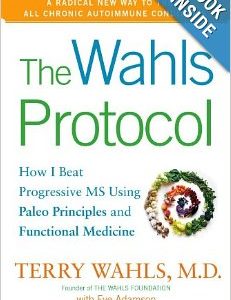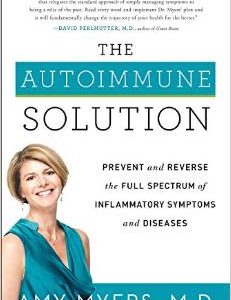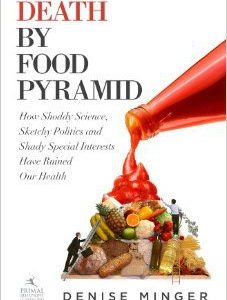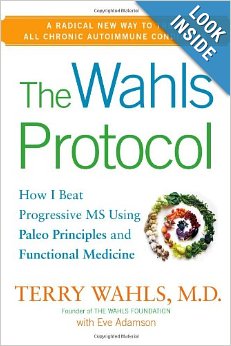 Dr. Terry Wahls’ new book, The Wahls Protocol released last week! This long-awaited book is a tremendous resource for anyone suffering from Multiple Sclerosis or other autoimmune/immune diseases.
Dr. Terry Wahls’ new book, The Wahls Protocol released last week! This long-awaited book is a tremendous resource for anyone suffering from Multiple Sclerosis or other autoimmune/immune diseases.
If you are unfamiliar with Dr. Wahls’ inspiring story, then let me bring you up to speed. Dr. Wahls, an MD and athlete, was diagnosed with multiple sclerosis in 2000. Her initial disease management strategies involved the most state-of-the art pharmaceuticals for multiple sclerosis, but she continued to decline rapidly. With a fierce desire to avoid being bedridden for the rest of her life, Dr. Wahls turned first to a Paleo diet, and then to functional medicine for answers. Her initial success with a Paleo diet combined with supplements was swapped for even greater success with a focus on getting essential nutrients from whole foods. As Dr. Wahls delved into the scientific literature in search of answers, she was able to hone in on a diet that would regulate the immune system and support neural function. And now, she is sharing that knowledge in The Wahls Protocol.
Very early on in my Paleo journey and only a few weeks after I launched this blog, a viral YouTube video came to my attention. It was Dr. Terry Wahls’ TEDx-IowaCity talk in which she describes her discovery that a nutrient-dense diet, especially rich in a variety of vegetables, but also seafood and organ meat, and based on a Paleo template, was able to reverse her secondary progressive multiple sclerosis and get her out of a wheelchair (link here).
Yes, Dr. Wahls defied her MS and leads an active normal life. Well, maybe not completely normal since she is taking her own personal experience and using it to design clinical trials (more on those in this post) and tour the world giving seminars to educate medical professionals and disease sufferers on the importance of a nutrient-dense anti-inflammatory diet.
Save 80% Off the Foundations of Health
Expand your health knowledge on a wide range of topics relevant to you, from how to evaluate scientific studies, to therapeutic diet and lifestyle, to leaky gut and gut microbiome health, to sustainable weight loss, and much more!!!
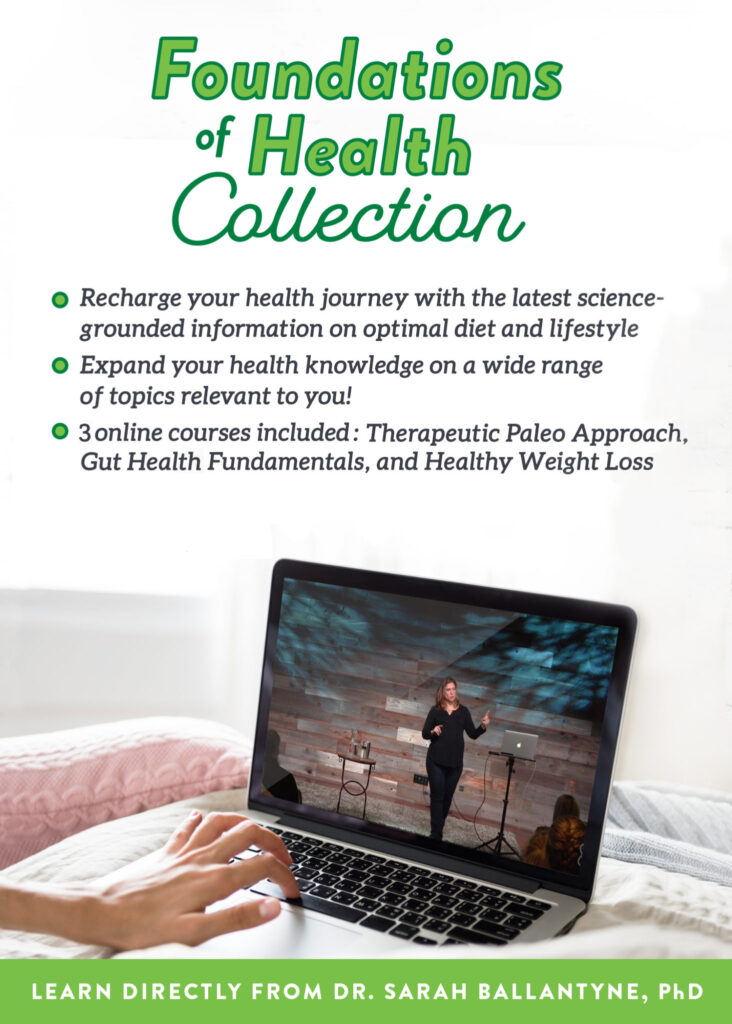
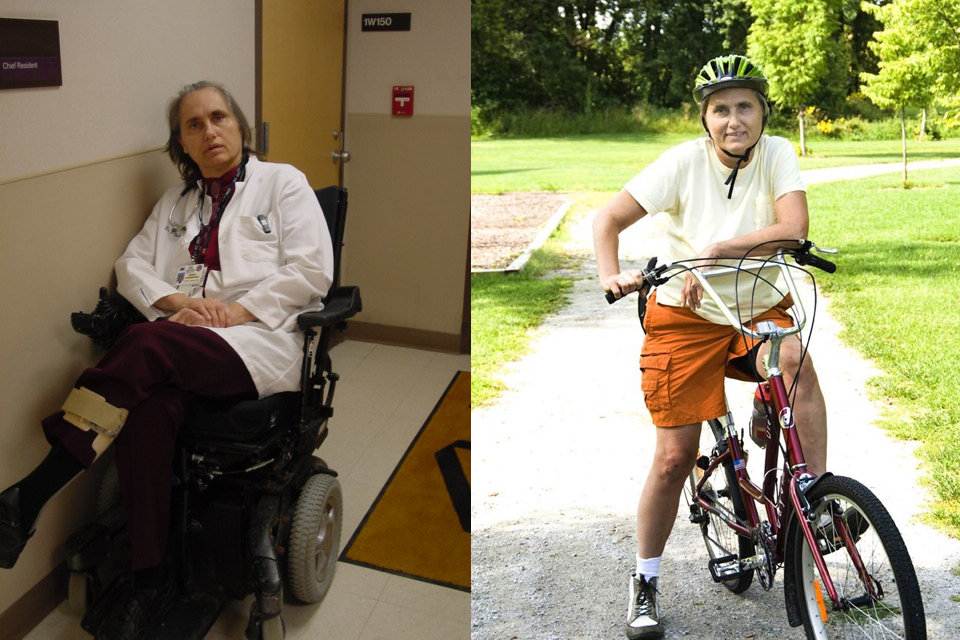 Not only are Dr. Wahls’ nutritional recommendations based on sound science, but her personal journey is one of the most inspirational stories I have ever heard. Just watching her seemingly age in reverse is enough to motivate anyone to give diet and lifestyle changes to manage chronic disease a try.
Not only are Dr. Wahls’ nutritional recommendations based on sound science, but her personal journey is one of the most inspirational stories I have ever heard. Just watching her seemingly age in reverse is enough to motivate anyone to give diet and lifestyle changes to manage chronic disease a try.
The Wahls Protocol is the perfect companion to my book, The Paleo Approach (just check out the “Frequently Bought Together” suggestion from Amazon!).
Dr. Wahls approaches her recommendations from a mitochondrial health (read nutrient-density) perspective, whereas I approach my recommendations from an immune function (read nutrient-density) perspective. Even coming at the problem from these two different perspectives, our bottom lines (and specific recommendations) end up being very similar. I feel that the autoimmune disease patient will get even more out of having both of our books rather than either one or the other.
One of the (many) things I love about The Wahls Protocol is how Dr. Wahls’ own story and journey is told throughout the book. It makes the reader feel like they’re having a conversation about their health with a great (and knowledgeable friend). It also makes the recommendations feel so much more approachable and inspires a sense of hope and optimism. Not only that, but The Wahls Protocol is full of practical tips (including exercises and recipes) based on her own experience and her experience helping those enrolled in her clinical trials.
One of my favorite quotes from the book:
“This is the treatment conventional medicine offers the autoimmune patient: a slowing of the progression of disability at the cost of feeling somewhat or even a lot worse right now.”
I know there are many people feeling this frustration out there. I also know that The Wahls Protocol is a much better answer. With an estimated 60 million Americans suffering from autoimmune disease, it’s time to make changes–changes to our diets and how we live our lives–and together, we can create instead an epidemic of health.

